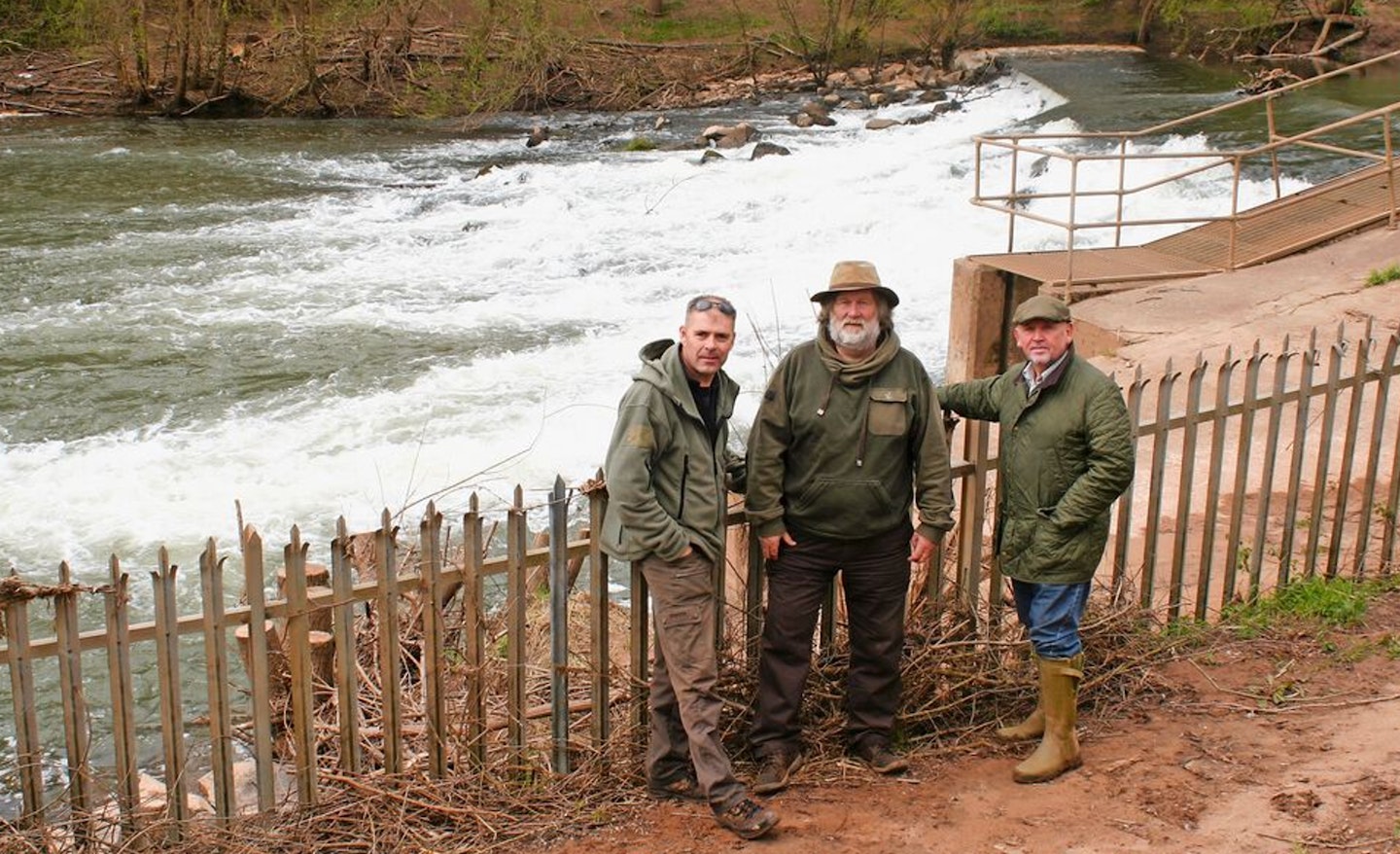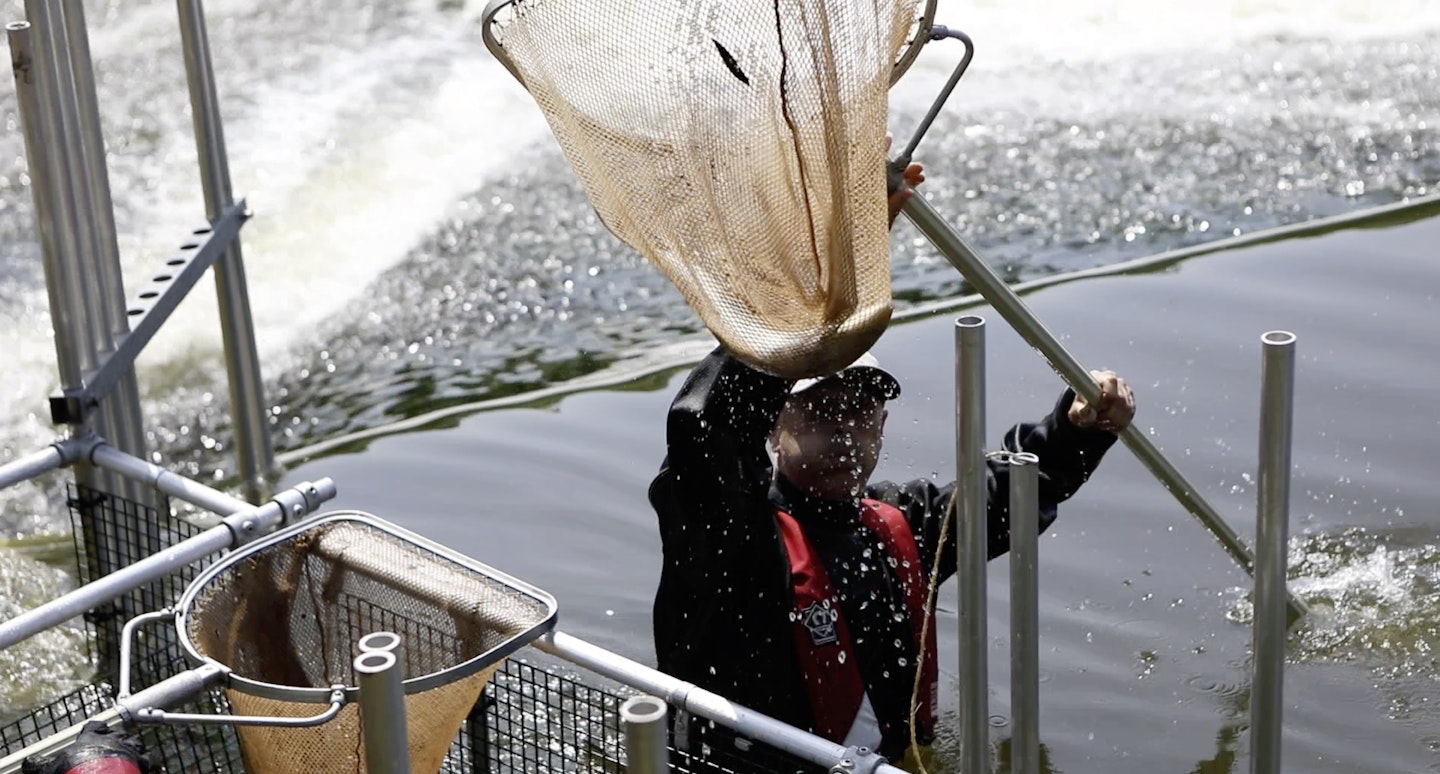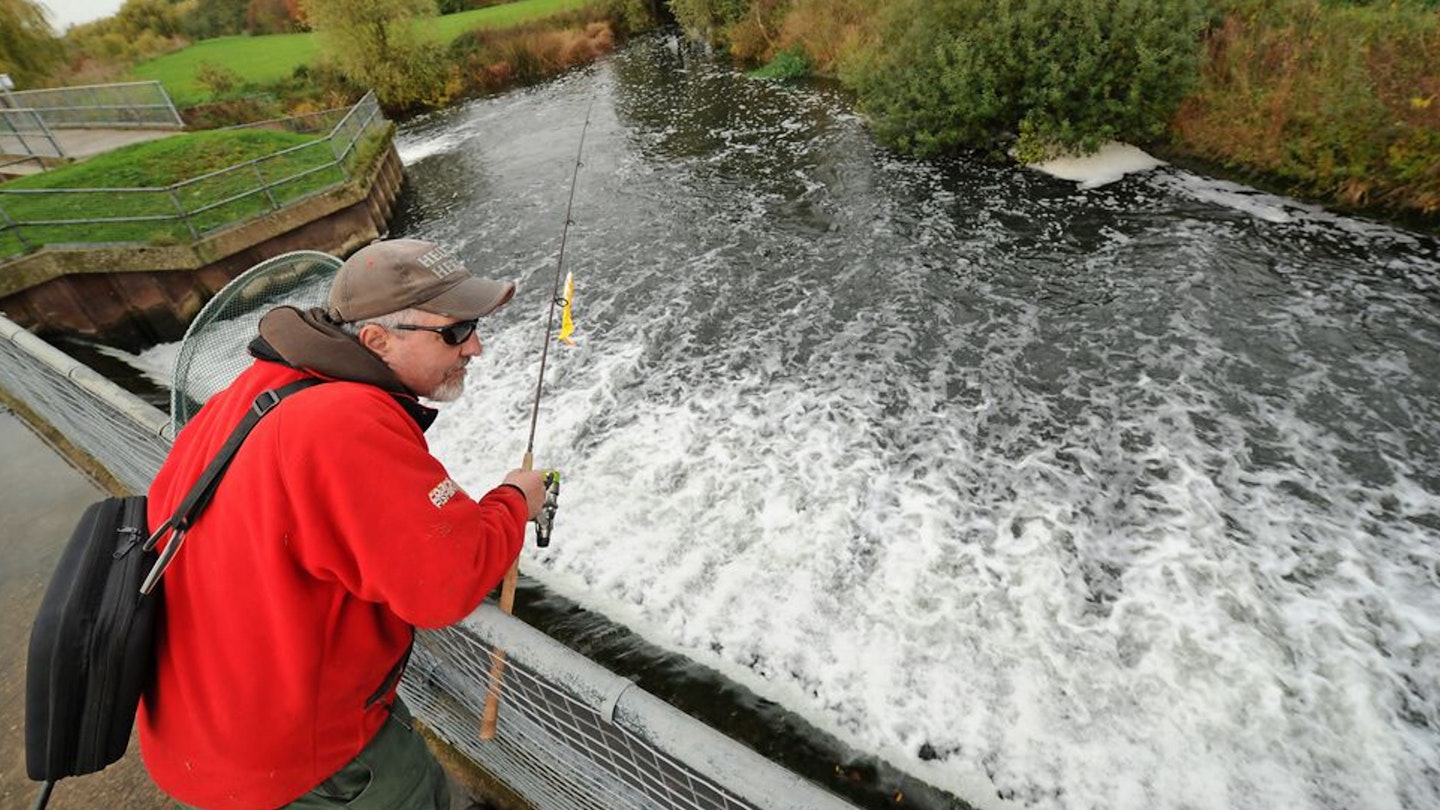A MOVEMENT is underway to remove weirs, sluices and other man-made barriers from Britain’s rivers that has the potential to revolutionise the health of our native fish populations.
It’s estimated there are more than 6,600 such barriers on our waterways, at least 10 per cent of which serve no purpose. The impact these structures have on migratory species like salmon and eels is well known, but recent findings from a study on the Rivers Severn and Teme revealed the influence they also have on other species. Fish were implanted with transmitters and tracked over a five-year period, and it became clear that Powick Weir near Worcester was blocking them from passing. However, after it was partially removed in 2018, tagged fish were found swimming well upstream during spring and summer.

Dr Catherine Gutmann Roberts from Bournemouth University, who worked on the project, said:
“Artificial barriers block access, but if they’re removed fish can access good spawning habitat easier, resulting in healthier populations.
“We noticed that barbel and pike, in particular, travel well upstream of the weir. Removing barriers would also benefit the river habitat. The sluggish area above a weir would transform into a riffle pool habitat, providing clean spawning grounds, while downstream old spawning gravels would be replenished with new sediment.”
There’s a growing movement in the UK to return rivers to a more natural state, perhaps the most notable of which is the project called ‘Unlocking the River Severn’ which hopes to open over 250km of Britain’s longest river. Similar projects are running elsewhere, such as the new ‘DNAire’ initiative to free up 60km of Yorkshire’s River Aire.

